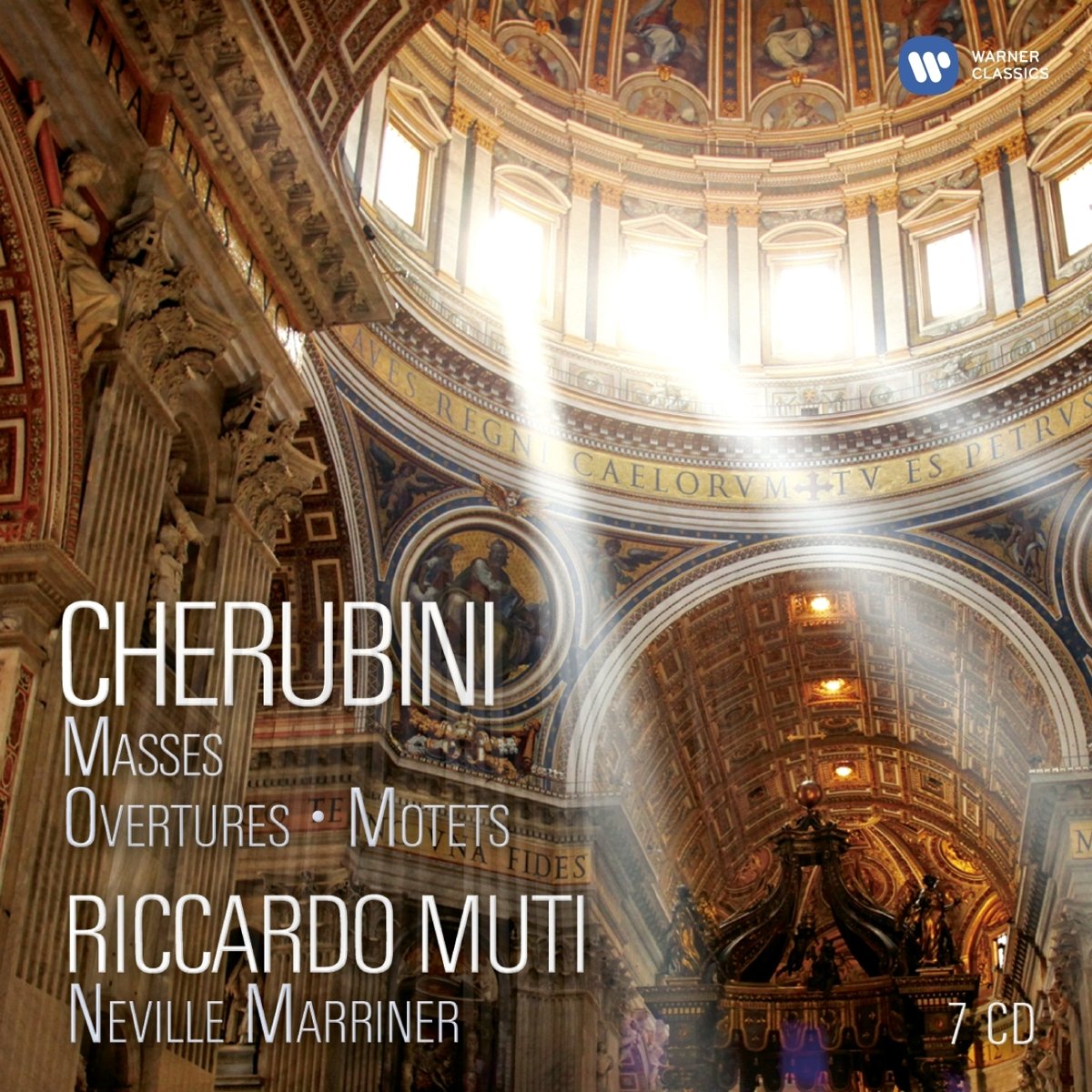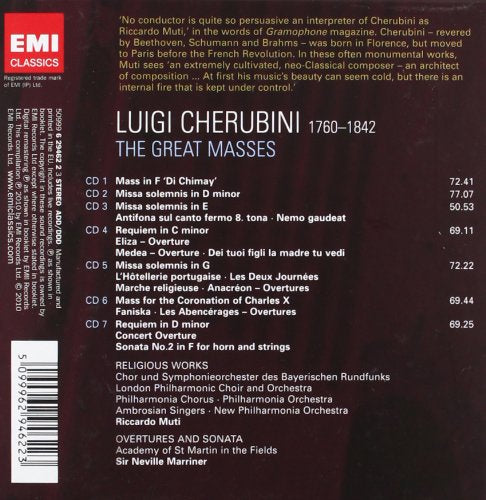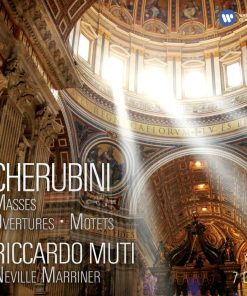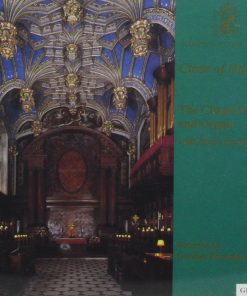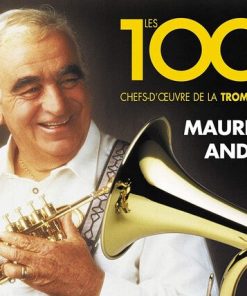CHERUBINI: MASSES, OVERTURES, MOTETS – MUTI, MARRINER (7 CDS) WARNER CLASSICS
$ 35,99 $ 21,59

Luigi (Carlo Zanobi Salvadore Maria) Cherubini was born in Florence in September 1760. He received his first musical instruction at the age of six from his father, Bartolomeo, who was maestro al cembalo at the Teatro della Pergola. Three years later he was studying contrapuntal techniques with the Felici family, father Bartolomeo and son Alessandro. Following the elder Felici’s death in 1776 he took lessons from two other musicians in the city.
According to Cherubini’s catalogue of his works his first composition to be performed was a Mass and Credo in D minor in 1773. It was scored for four voices and orchestra and was directed by Bartolomeo Felici; it has since been lost as were three further masses dating from the three succeeding years. He had composed 36 works by 1778 including the cantata La pubblica felicità which was performed in honour of the Grand Duke Leopold of Tuscany (later Emperor Leopold II) in the Cathedral.
Leopold awarded Cherubini a grant to study with Sarti, a leading opera composer. Of the operas, indeed all of his works, which he wrote before 1784 are either lost entirely or partially thereby making assessment of his early career impossible.
An English patron resident in Florence encouraged Cherubini to go to London where he found favour with the music-loving Prince of Wales (later George IV), both operas written for London have been lost. In the summer holiday of 1785 he visited Paris where he met his compatriot, Viotti, who had established his career in the city. Cherubini was made most welcome and he decided to settle there and, apart from a trip to Turin to attend the premiere of Ifigenia in Aulide which the opera house had commissioned, he never visited Italy again.
Cherubini thus continued the development of French Opera which started with Lully and followed by Rameau and Gluck, and carried it forward for the likes of Boïeldieu, Auber, Meyerbeer, Halévy and Berlioz. Apart from Medée, a great part for Maria Callas amongst others, his operas are not performed these days and it is choral works – particularly the Masses and Requiems – which attract attention. Riccardo Muti has recorded seven of these works and clearly believes in their importance in the history of music. The collection is supplemented by 8 overtures conducted by Sir Neville Marriner, who also accompanies Barry Tuckwell in the Sonata No. 2 for Horn and Strings and Maria Callas sings Medea’s great aria from Act 1 in an Italian translation.
Artists
Maria Callas (soprano), Ruth Ziesak (soprano), Herbert Lippert (tenor), Ildar Abdrazakov (bass), Camilla Tilling (soprano), Sara Fulgoni (contralto), Kurt Streit (tenor), Tomas Tomasson (bass), Marianna Pizzolato (mezzo), Barbara Fleckenstein (soprano), Barbara Muller (contralto), Bernhard Schneider (tenor I), Andrew Meyer (tenor II), Christoph Hartkopf (bass), Harald Feller (organ I), Max Hanft (organ II), Barry Tuckwell (horn)
Symphonieorchesters des Bayerischen Rundfunks, Chor des Bayerischen Rundfunks, Philharmonia Orchestra, Ambrosian Singers, Academy of St Martin in the Fields, Orchestra del Teatro alla Scala di Milano, London Philharmonic Orchestra and Choir, Philharmonia Orchestra and Chorus, Riccardo Muti, Sir Neville Marriner, Tullio Serafin

Cherubini: Anacréon Overture
Cherubini: Antifona sul canto fermo 8. tona per coro misto a 6 voci
Cherubini: Dei tuoi figli la madre tu vedi (from Medee)
Cherubini: Eliza ou Le Voyage aux glaciers du Mont St Bernard
Cherubini: Faniska – Overture
Cherubini: L’Hotellerie Portugaise Overture
Cherubini: Les Abencérages Overture
Cherubini: Les Deux Journées Overture
Cherubini: Marche religieuse
Cherubini: Mass in F Major ’di Chimay’
Cherubini: Mass No.11 ‘For the Coronation of Charles X’
Cherubini: Medee: Overture
Cherubini: Messa solenne in D minor
Cherubini: Messa Solenne in D minor per il Principe Esterhazy
Cherubini: Messa solenne per soli coro e orchestra Mi-maggiore
Cherubini: Messe solennelle pour le sacre de Louis XVIII in G major
Cherubini: Nemo gaudeat in festo septem dolorum B.V. virginis, Motetto a 8 voci
Cherubini: Overture in G
Cherubini: Piano Sonata No. 2 in C major
Cherubini: Requiem in C minor
Cherubini: Sonata No. 2 in F for Horn & Strings or Piano
| PERFORMER | RICCARDO MUTI |
|---|
Fast Shipping and Professional Packing
Due to our longstanding partnership with UPS FedEx DHL and other leading international carriers, we are able to provide a range of shipping options. Our warehouse staff are highly trained to pack your goods exactly according to the specifications that we supply. Your goods will undergo a thorough examination and will be safely packaged prior to being sent out. Everyday we deliver hundreds of packages to our customers from all over the world. This is an indication of our dedication to being the largest online retailer worldwide. Warehouses and distribution centers can be located in Europe as well as the USA.
Orders with more than 1 item are assigned processing periods for each item.
Before shipment, all ordered products will be thoroughly inspected. Today, most orders will be shipped within 48 hours. The estimated delivery time is between 3-7 days.
Returns
The stock is constantly changing. It's not entirely managed by us since we are involved with multiple parties such as the factory and our storage. The actual stock can fluctuate at any time. Please understand it may happen that your order will be out of stock when the order is placed.
Our policy is valid for 30 days. If you haven't received your product within 30 days, we're not able to issue either a return or exchange.
You are able to return a product if it is unused and in the same condition when you received it. It must also still remain in the original packaging.
